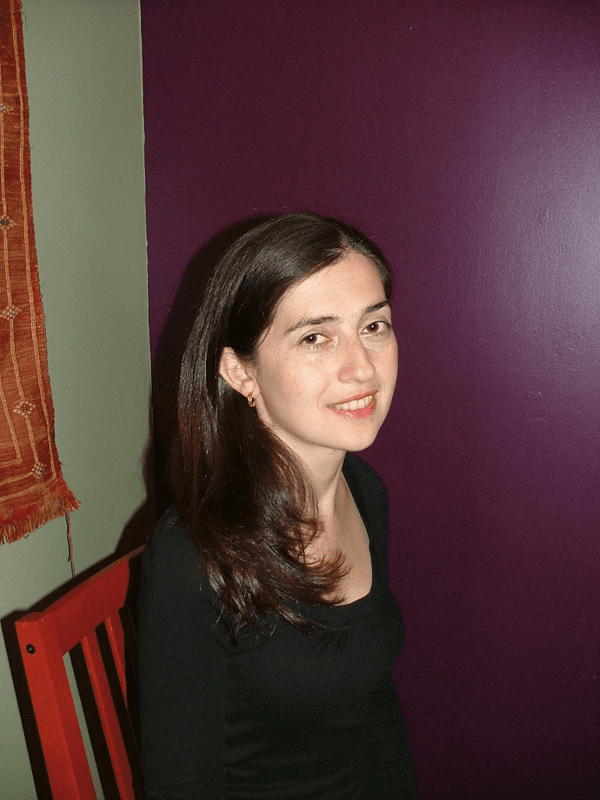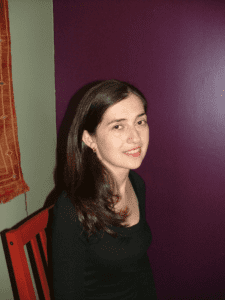Emerging Author of the Month: Julia Zarankin

Diaspora Dialogues
March 11, 2013


Tell us about yourself.
Julia Zarankin is a Toronto-based writer. Her creative nonfiction has appeared in Threepenny Review, Antioch Review, Dalhousie Review, PRISM International, and The Globe and Mail. She was long-listed for a CBC Literary award in nonfiction (2011) and an essay called “Leaving the 18th Floor” is forthcoming in Truth, Dare, Double Dare (Goose Lane, 2014). She currently blogs about birds and words at Ontario Nature. In her former life, which ended in 2008, Julia worked as a Russian literature professor at theUniversity of Missouri.
Tell us about the piece you’ve decided to share.
This is an excerpt from a piece that began as a letter to my deceased Latin teacher. It’s about themes that permeate my writing: language, dislocation, nostalgia, yearning for an understanding of one’s past, mysterious connections. This piece appeared in the Antioch Review in 2011.
When and why did you realize you had a passion for writing?
It started with a compulsion to write letters and diaries—when I was a teenager, I must have written at least ten letters a week. I was seriously obsessed. It must have been at that time that I realized writing calmed me down and made the world around me more comprehensible; when I wasn’t writing, I didn’t quite feel like myself. I’ve always been fascinated by my immigrant identity; early on, I started writing about my family, and they continue to inspire me in their strangeness, their tenacity, their fearlessness, their success in making a home for themselves in a new country, and their captivating identity, which I’m constantly striving to understand.
What pieces of writing/authors have had the greatest impact on you?
I keep turning back to Anton Chekhov. I don’t think there’s anyone else like him who can make you laugh and cry at the same time. I reread Tolstoy for his expertise in the human body—I don’t think there’s anyone else who can describe involuntary physical responses as well as he can. These days, Isabel Huggan, Jonathan Franzen, Alice Munro, Maureen Stanton, Jhumpa Lahiri, Virginia Woolf occupy coveted space on my bookshelf.
What kind of writer do you aspire to be?
One who works hard to craft memorable sentences and who never tires of the rhythm of language.
How and when do you find time to write?
I’m a freelancer and have the luxury to keep my mornings free and reserved for writing. Still, it’s discipline and it’s work, and I use a computer program called FREEDOM to keep myself off the internet during writing hours. The question, for me, isn’t about finding time to write, but about making sure you use the time you have.
